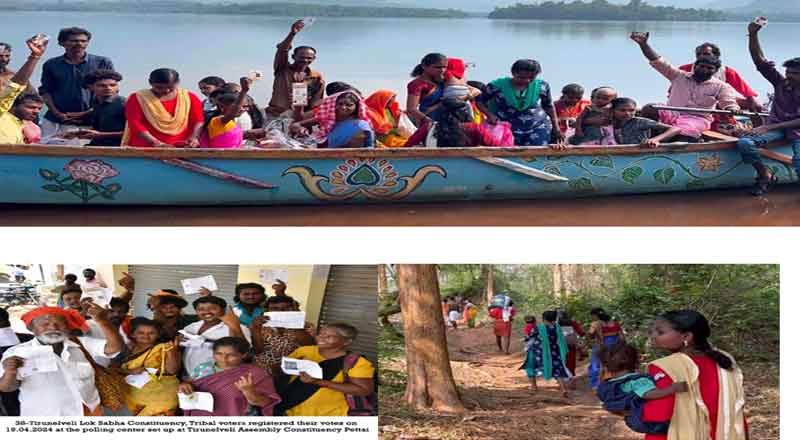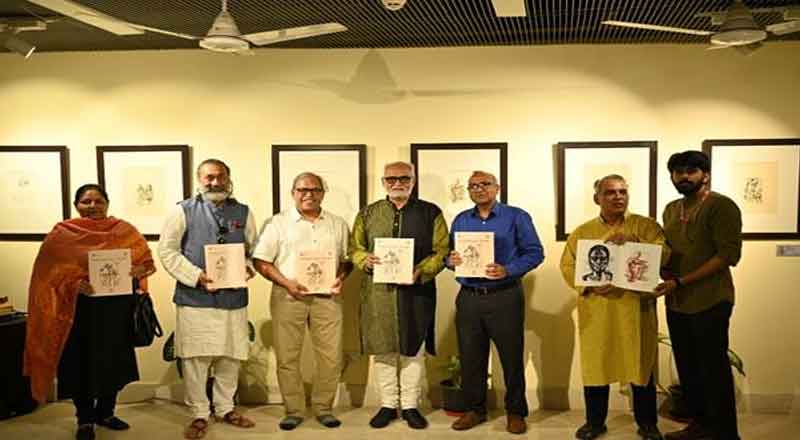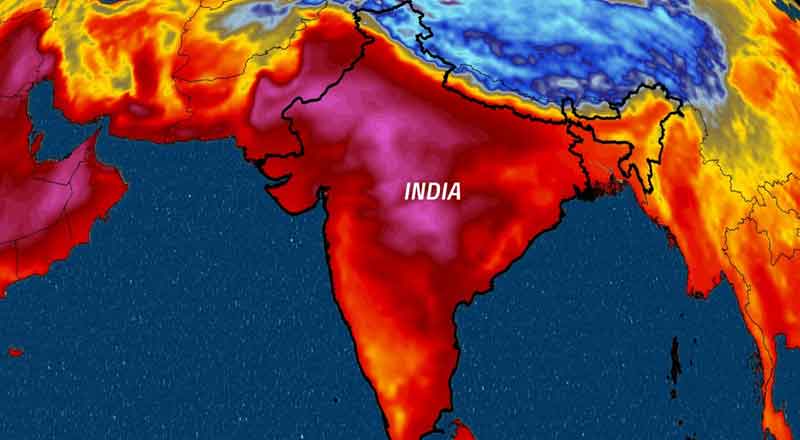- Finland has secured its position as the world’s happiest country for the seventh consecutive year, according to the latest findings of the World Happiness Report 2024.
-
The report that was released on UN’s International Day of Happiness, sheds light on the state of happiness across 143 nations.
- Afghanistan retains its position as the world’s least happy nation, while Pakistan finds itself at 108th place.
- The report highlights notable improvements in life evaluation scores in countries like Serbia and Bulgaria since 2013.
- India is ranked 126th on the list, behind countries such as Libya, Iraq, Palestine and Niger. The young in India are the “happiest” while those in the “lower middle” rung are the least happy.
Finland has secured its position as the world’s happiest country for the seventh consecutive year, according to the latest findings of the World Happiness Report 2024. As nations across the globe strive for contentment and well-being, Finland’s consistent reign atop the rankings reflects its societal and governmental efforts towards fostering happiness among its citizens.
The report, released on Wednesday to commemorate the UN’s International Day of Happiness, sheds light on the state of happiness across 143 nations. While Finland basks in its happiness triumph, India finds itself at the 126th spot, trailing behind countries like Libya, Iraq, Palestine, and Niger.
Noteworthy is the correlation between age and life satisfaction, particularly evident in India, where older individuals tend to report higher levels of contentment. Despite India’s lower overall ranking, this observation highlights a nuanced understanding of happiness dynamics within the country’s diverse population.
The top 10 happiest countries besides Finland include Denmark, Iceland, Sweden, Israel, Netherlands, Norway, Luxembourg, Switzerland, and Australia. Conversely, the United States has slipped out of the top 20 for the first time, underscoring a concerning decline in the well-being of its younger population.
Afghanistan retains its position as the world’s least happy nation, while Pakistan finds itself at 108th place. These rankings serve as a sobering reminder of the disparities in happiness levels across different regions of the world.
India is ranked 126th on the list, behind countries such as Libya, Iraq, Palestine and Niger. The young in India are the “happiest” while those in “lower middle” rung are the least happy. Delving deeper into the Indian context, the report identifies various factors influencing life satisfaction. Education, social caste, marital status, and gender all play significant roles in shaping individuals’ perceptions of happiness. Notably, older men with higher education and belonging to privileged social castes tend to report greater life satisfaction compared to their counterparts.
However, challenges such as perceived discrimination and poor self-rated health persist, particularly among marginalized groups. The report advocates for strengthening family and social networks to enhance the well-being of older adults, widowed individuals, and those lacking formal education.
Furthermore, the report highlights notable improvements in life evaluation scores in countries like Serbia and Bulgaria since 2013. This positive trend signifies progress towards enhanced societal well-being and underscores the importance of ongoing efforts to prioritize happiness at a global level.
In a groundbreaking move, the report introduces separate rankings based on age groups, offering insights into happiness dynamics across different life stages. Lithuania emerges as the top-ranked nation for children and young adults under 30, while Denmark claims the title of the world’s happiest nation for individuals aged 60 and above.
As nations continue their pursuit of happiness, the insights gleaned from the World Happiness Report 2024 serve as a compass guiding policymakers and communities toward a more fulfilling and contented future for all.
(With inputs from agencies)





